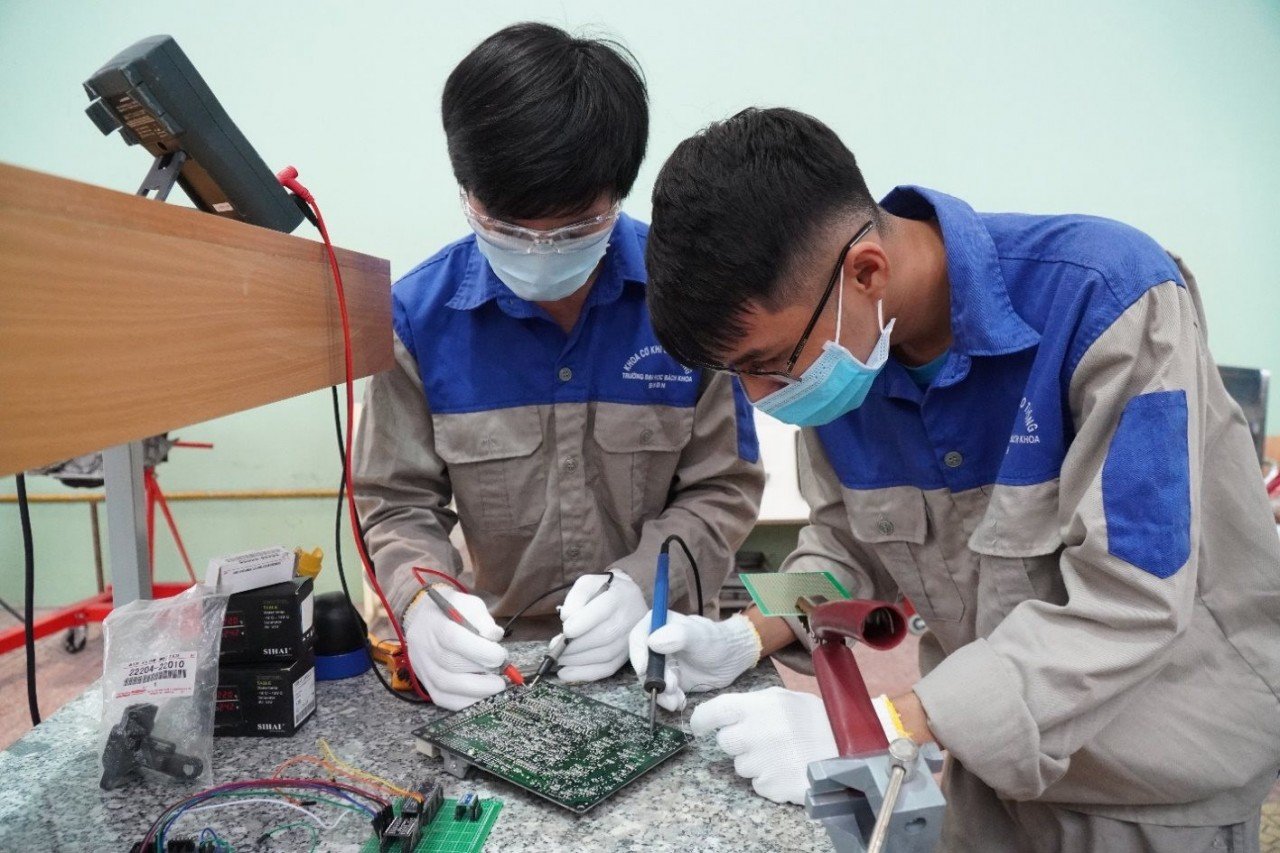 |
| Joining the ASEAN or APEC Professional Engineer Register brings many opportunities for engineers. (Source: Danang University) |
Access to new markets
Labor migration is an inevitable trend that occurs when countries and territories accept integration and connection to form a common market due to the need to promote economic and technological development and enhance competitive advantages in the region.
Furthermore, labor mobility brings significant economic benefits to regions as well as to individuals, allowing the exploitation of newly discovered resources, while increasing efficiency in the use of human resources and improving career opportunities for individuals in areas with fewer or worse opportunities.
Unlike manual labor, labor mobility requires engineers to achieve competency standards before practicing or before using their professional title.
At the Workshop on APEC Engineer Joining Process: Sharing Experience and Practice in Training Engineering Sectors in ASEAN and APEC Regions , Associate Professor, Dr. Pham Ngoc Linh, Vice President of the Vietnam Union of Science and Technology Associations (VUSTA) said that the APEC Engineer Federation is a prestigious organization that brings together engineers from all over the Asia-Pacific region.
“Joining this federation can bring many benefits to our engineers, science and technology organizations, and technical associations, including access to new markets, networking opportunities, and the ability to share knowledge and expertise with other experts,” Associate Professor, Dr. Pham Ngoc Linh emphasized.
Currently, Vietnam has 639 engineers in various professions registered as ASEAN professional engineers and we are encouraging them to convert to ASEAN standard professional engineers. As ASEAN countries are oriented towards integration with the wider region of APEC (Asia-Pacific Economic Cooperation), they have agreed to build a new registration system that is more consistent with the APEC engineer registration system.
In 2023, the Vietnam Union of Associations has a policy of researching and participating in professional association mechanisms in the Asia-Pacific region (APEC) to connect and facilitate Vietnamese engineers to access APEC professional standards. The agreement on mutual recognition of APEC engineer qualifications was proposed by the International Engineering Federation (IEA) to be developed and implemented in APEC economies, of which 12 countries and territories have now achieved the APEC agreement standards.
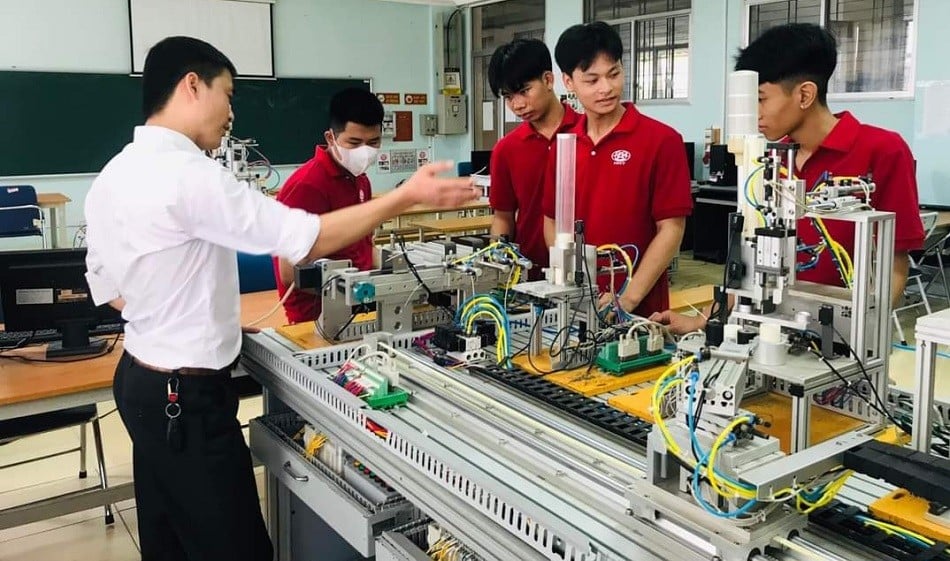 |
| The trend of shifting technical labor is both an opportunity and a challenge for Vietnamese engineers. (Source: Hanoi College of High Technology) |
Many experiences in registering ASEAN professional engineers
Prof. Norlida Buniyamin, President of the Institute of Engineers Malaysia (IEM), President of the Federation of Southeast Asian Engineering Organizations (AFEO) informed that the criteria to become an APEC engineer must meet the requirements. Specifically, at the time of registration, it is necessary to achieve an academic level equivalent to that of a graduate with an engineering degree recognized by an official member organization and in accordance with the terms of the Washington Agreement. At the same time, it is necessary to be assessed domestically as qualified to practice independently; have at least 7 years of practice experience since graduation. In addition, it is necessary to have at least 2 years in charge of technical work; maintain continuous professional development according to regulations.
Presenting the context and necessity of researching and participating in international standards for training of Vietnam's engineering sectors at present, Dr. Dang Viet Dung, Chairman of the Vietnam Construction Association, said that in Vietnam, there are currently two types of professional engineer registers in parallel: ASEAN professional engineers and ASEAN standard professional engineers. The Vietnam Union of Science and Technology Associations is in charge of the ASEAN engineer register and the Ministry of Construction is in charge of the ASEAN standard engineer register.
According to Mr. Dang Viet Dung, participating in the ASEAN or APEC professional engineer registration brings many opportunities. For engineers, it is a job opportunity in a professional, dynamic working environment with many prospects, opportunities for career advancement, technical expertise and income opportunities.
For training institutions, it is an opportunity to expand the training market, improve international rankings and build specialized training programs and international integration. For units employing engineers, it is an opportunity to select a highly specialized, skilled and disciplined workforce.
“In addition, we are facing a number of challenges such as the need to innovate human resource training activities according to professional standards of advanced countries in the region and internationally, improve the content of professional training programs for engineers, barriers in language, culture, religion, life skills, teamwork skills or high work intensity for Vietnamese engineers,” Dr. Dang Viet Dung emphasized.
In particular, the requirement to comply with the policy on continuous professional development means that every year professional engineers must continue to study, research, teach, practice and participate in training programs to serve the re-recognition of ASEAN or APEC professional engineers and confirmation of professional ethics standards of professional associations.
The world has witnessed leaps and bounds in information technology, the Internet, automation, and development based on knowledge and artificial intelligence. The outlook for the world economy will change dramatically in the next 10 to 15 years. New technologies will continue to make great strides, especially in terms of productivity and labor efficiency, while creating a strong shift in technical labor.
"The trend of shifting technical labor is inevitable, the benefits from the labor shifting process are undeniable. Preparing Vietnam's technical labor force to participate in this process through engineer registration is the responsibility of engineering training institutions, professional associations and each engineer himself," said Dr. Dang Viet Dung.
Source












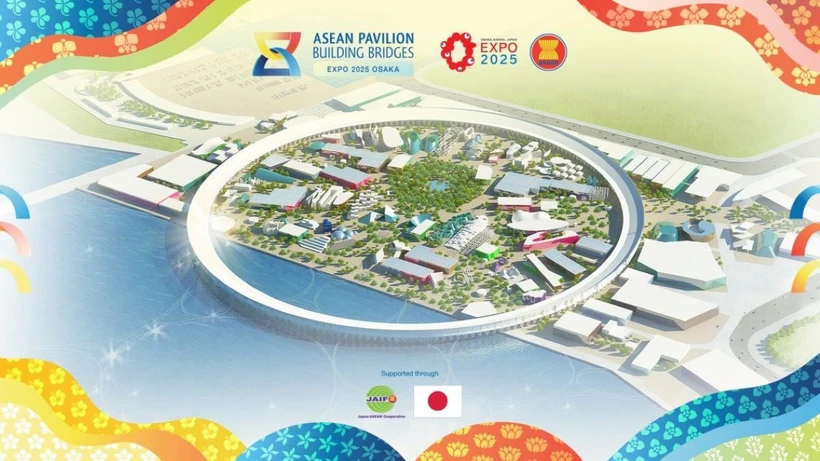

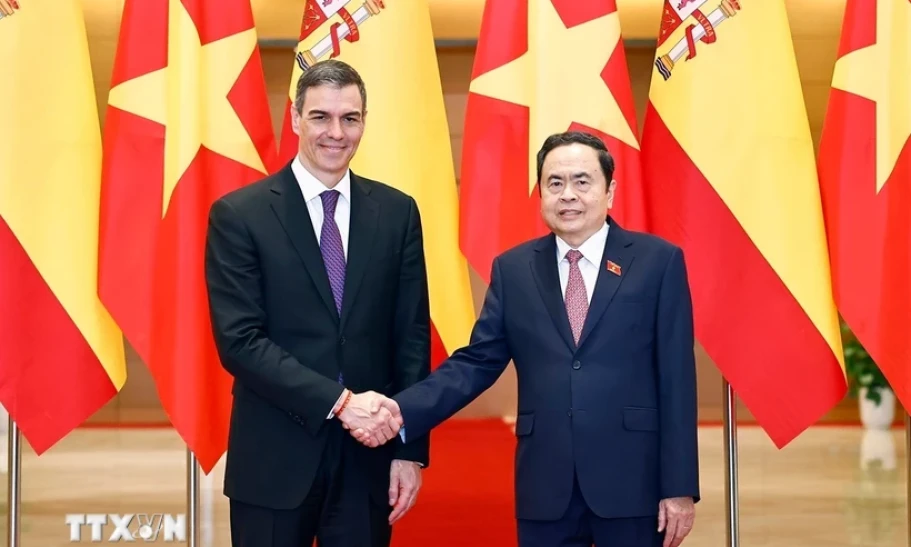

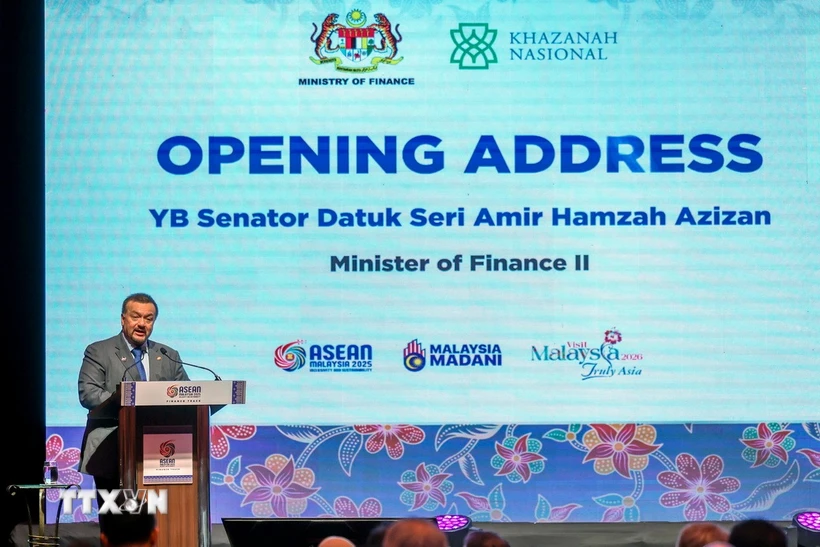
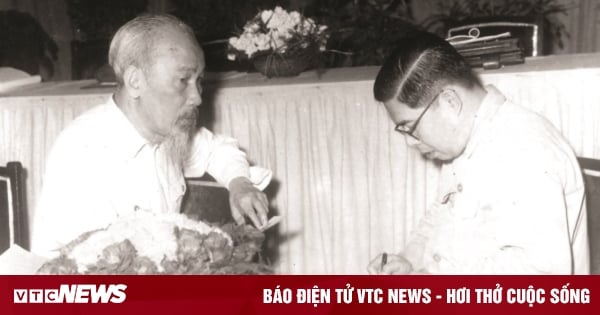




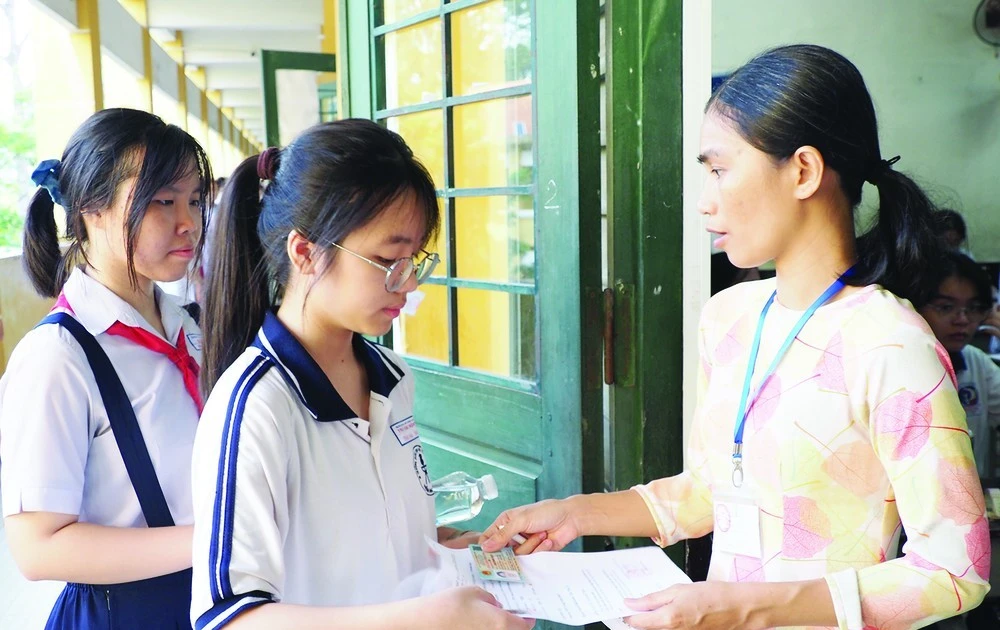

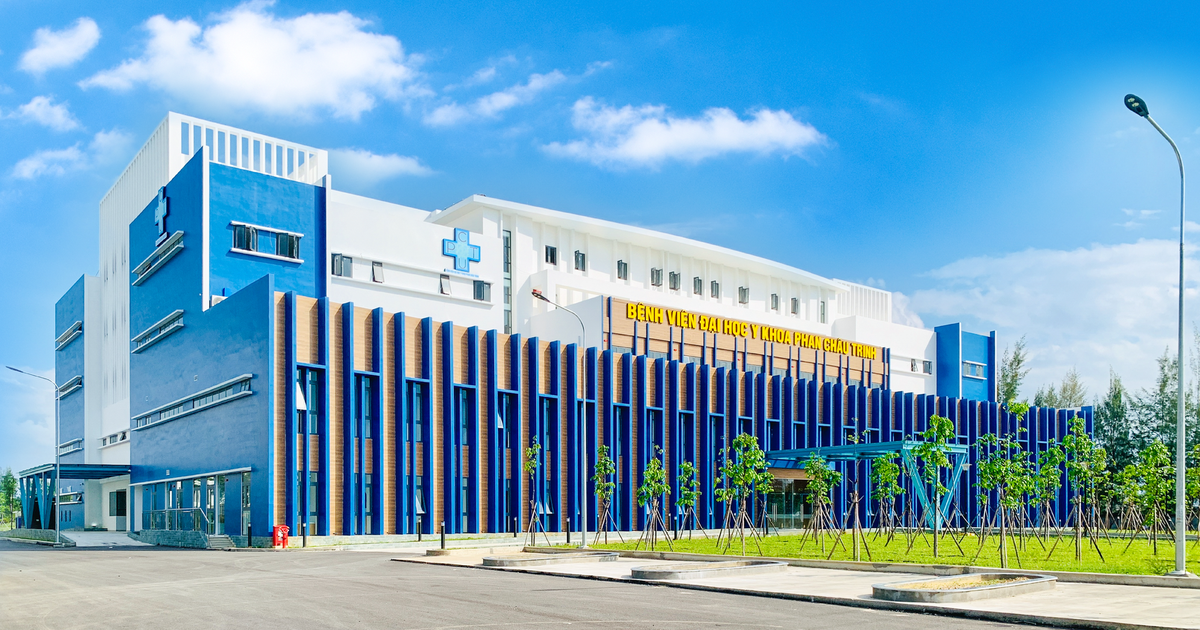


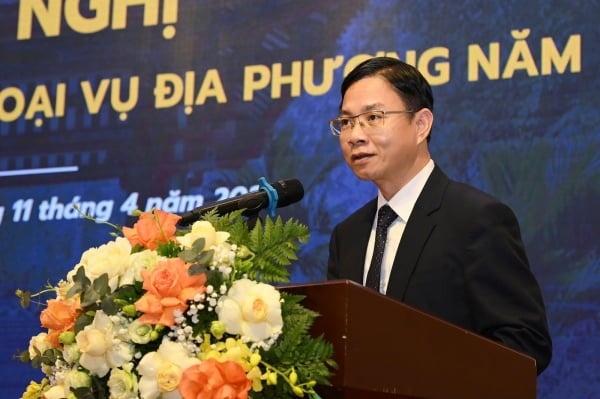

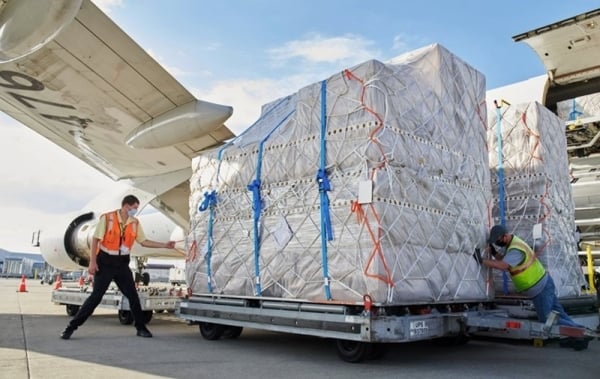


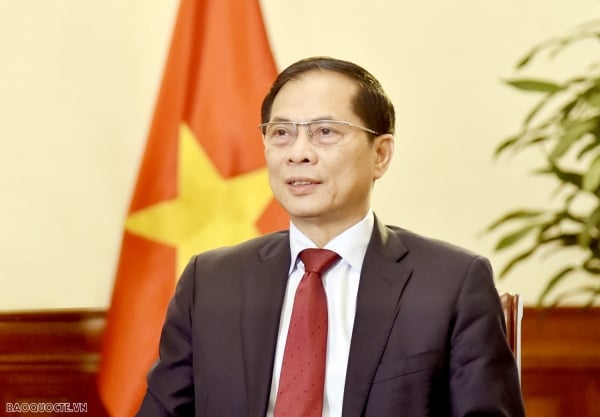
![[Photo] "Beauties" participate in the parade rehearsal at Bien Hoa airport](https://vstatic.vietnam.vn/vietnam/resource/IMAGE/2025/4/11/155502af3384431e918de0e2e585d13a)













































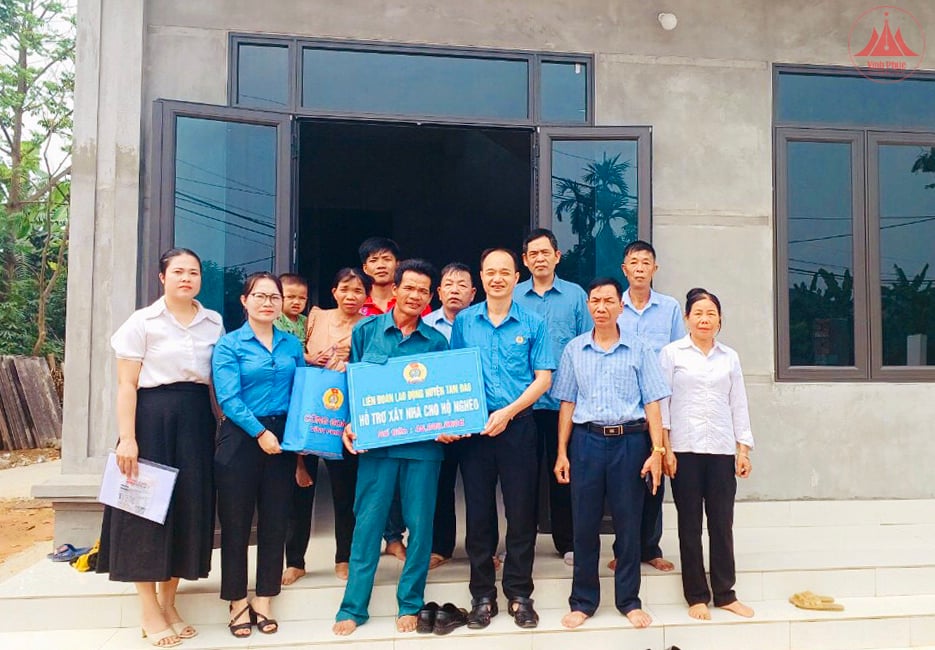


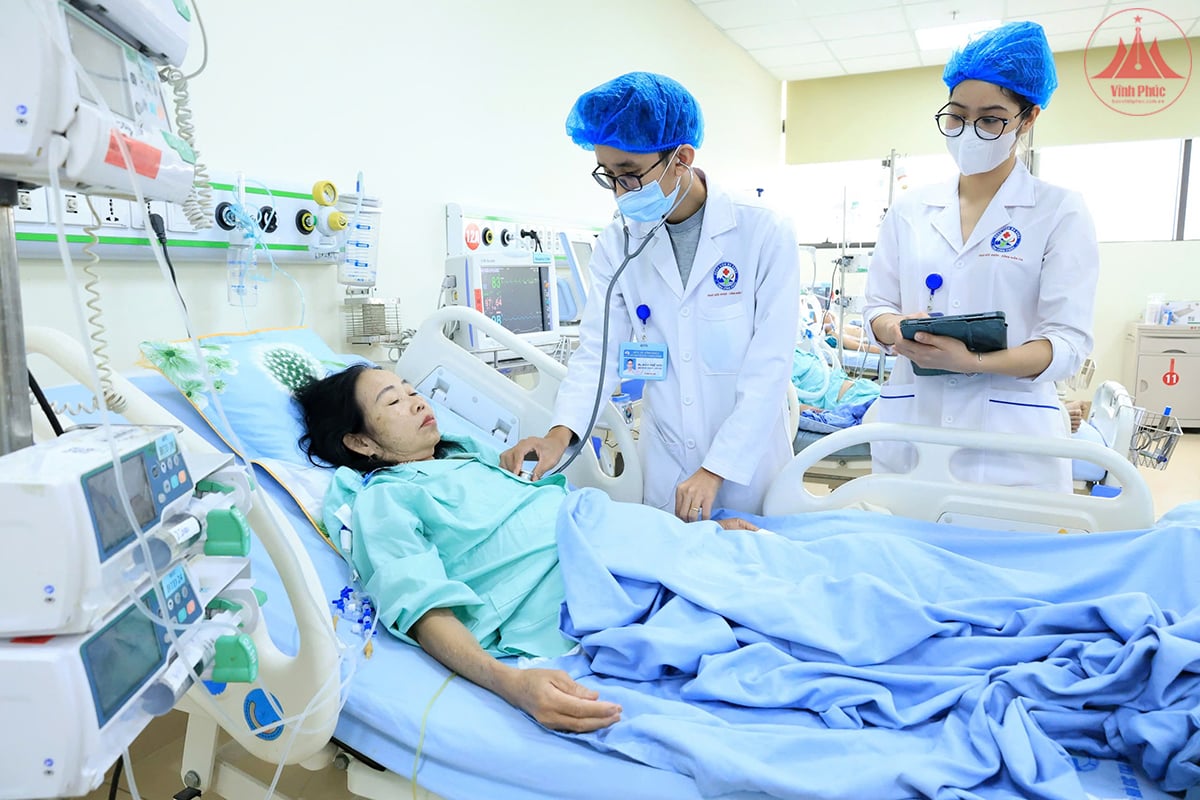
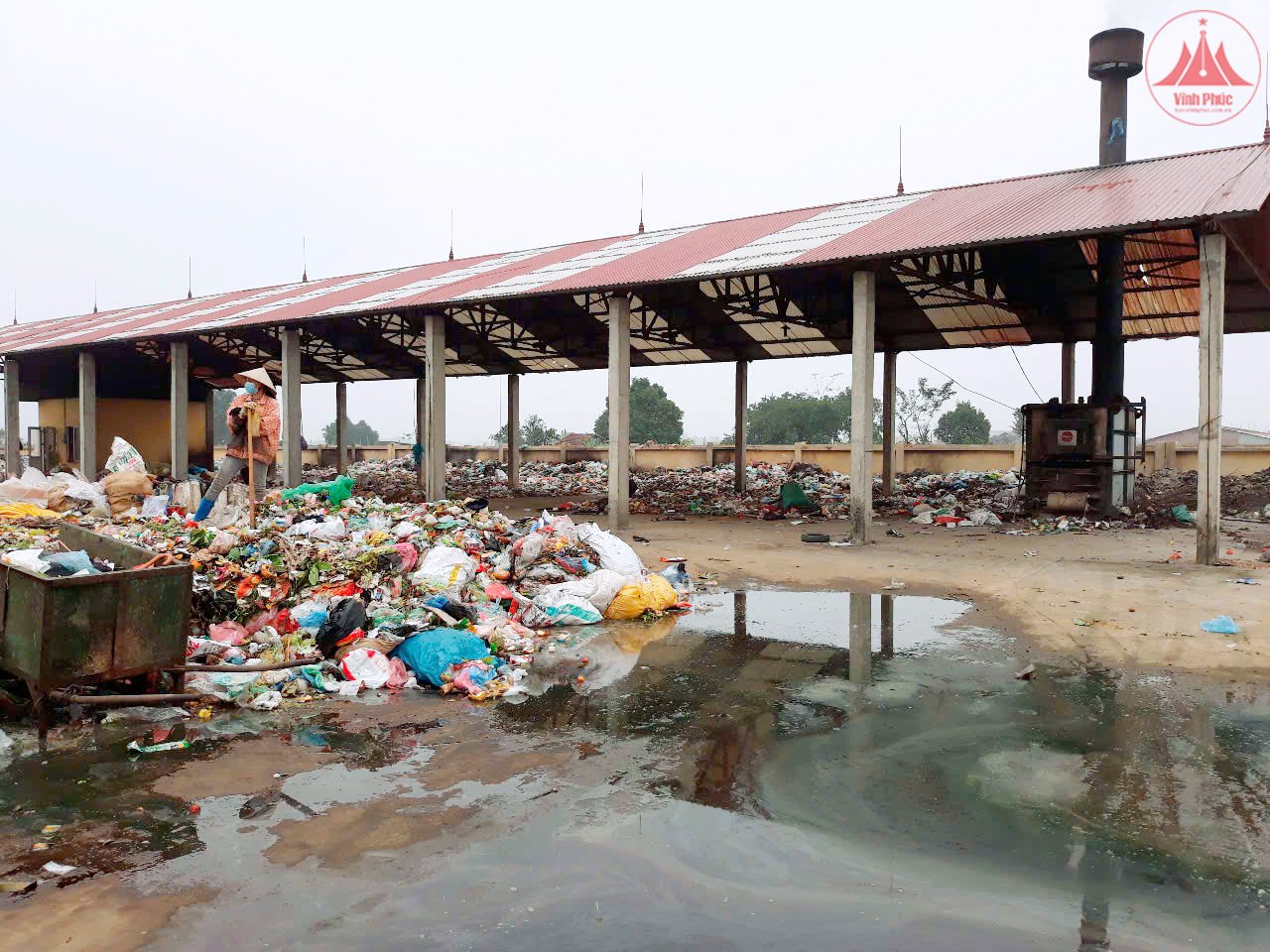
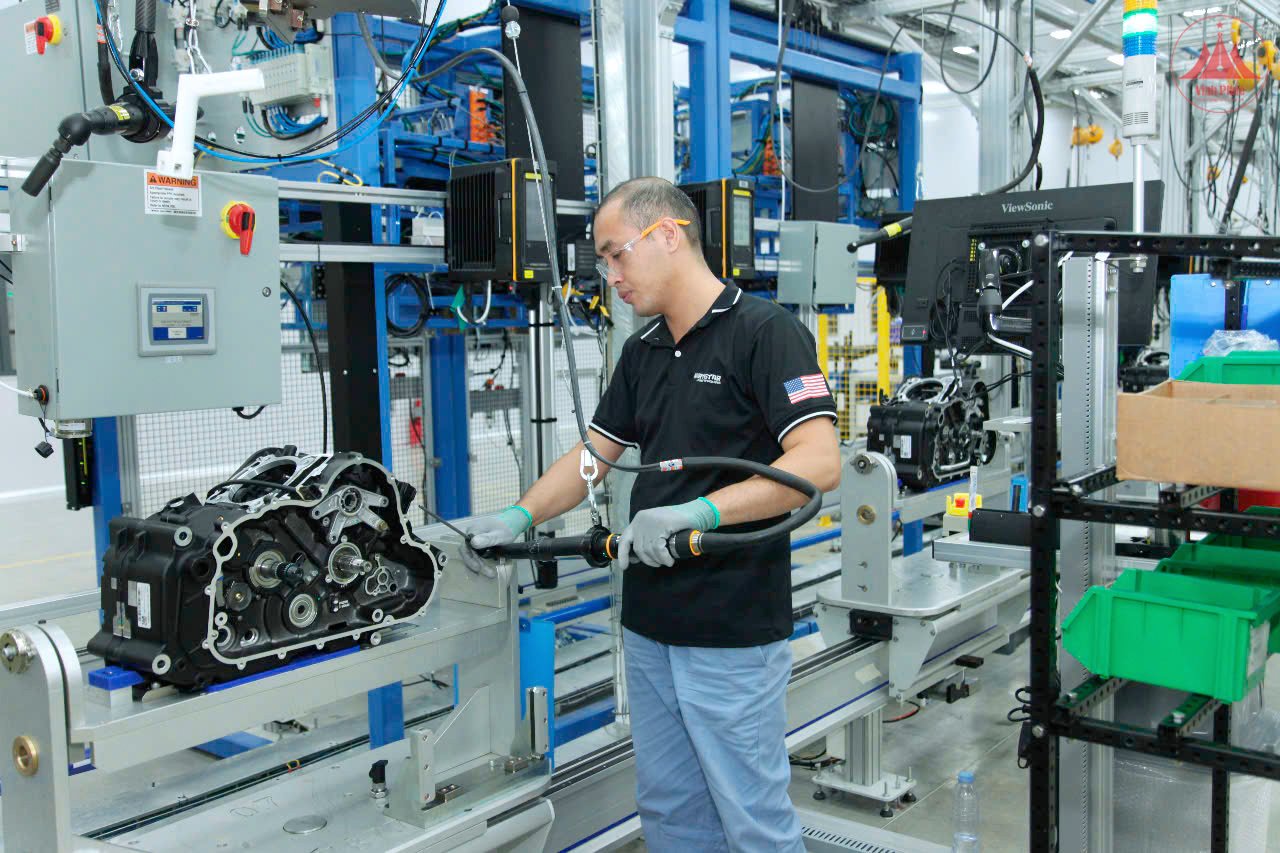












Comment (0)